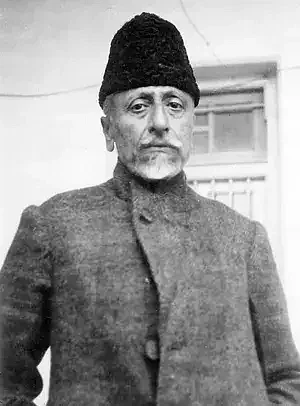National Education Day is observed every year in India on November 11, commemorating the birth anniversary of Abul Kalam Ghulam Muhiyuddin Ahmed bin Khairuddin Al-Hussaini Azad also known as Maulana Abul Kalam Azad, the first education minister of independent India. He was the country's first Minister of Education who always believed that education was essential for children and it was a key to individual and national development.
Azad was not only a visionary education minister but he was also a freedom fighter. On the occasion of his birth anniversary, which is celebrated as National Education Day, let's delve into the significance, history and more which are mentioned below.
National Education Day History And Significance
The Government of India declared November 11 as National Education Day in September 2008 to commemorate Maulana Abul Kalam Azad's contributions to India's education system. Education, which acts as a foundation of societal development, was promoted by Azad and influenced India's education system and that is why this day serves as a reminder of education's importance as a fundamental right and the nation's progress.
The day also tells people how education can empower them and upgrade society so that it can progress in a better way. It also serves as a reminder that education can empower citizens to elect a better government that focuses on national development.

Maulana Abul Kalam Azad | Britannica
Who was Maulana Abul Kalam Azad?
Azad was a freedom fighter, educationist (India's first Education Minister), scholar and senior leader of the Indian National Congress (INC). He was born in Saudi Arabia on November 11, 1888. From a young age, Azad was a bright student, and he was always interested in studies. He received his education from Al Azhar University.
He established top education bodies in India, like the All India Council for Technical Education (AICTE) and the University Grants Commission (UGC), and he also laid the foundation of the first Indian Institute of Technology, IIT Kharagpur.
In addition, numerous educational institutions were established under his guidance, including the Indian Council for Cultural Relations (ICCR), Lalit Kala Academy, Sangeet Natak Academy, Council of Scientific and Industrial Research (CSIR), and more. In 1992, Azad was also honoured with India's highest civilian award, Bharat Ratna for his crucial role and invaluable contributions to India's education system.










